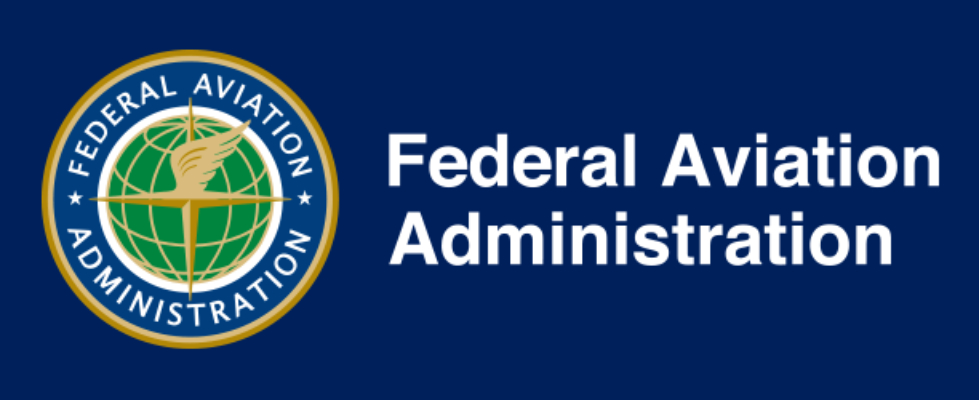

- #Federal aviation exam how to#
- #Federal aviation exam code#
- #Federal aviation exam license#
- #Federal aviation exam free#
Also, he/she certifies that you are ready for the knowledge test. authorized instructor’s written statement or logbook endorsement that certifies that you have completed a ground training or home study course for the applicable rating needed.Examples are colleges, high schools, education programs, Civil Air Patrol, ROTC Flight Training School or the U.S. graduation certificate from an FAA-approved pilot school or a statement of accomplishment that certifies completion of the ground school portion of a course from an agency.graduation certificate from an FAA-approved pilot school or a statement of accomplishment that certifies completion of the ground school portion of a course.You must also provide proper identification that includes your photograph, signature, and address.Īlso, these are some of the forms of authorization you have to bring: But, there are fees for the FAA-approved aviation medical examiner and the FAA-designated pilot examiner for the practical test.Īlso, the costs for taking the private pilot written test may vary between FAA testing centers, but the FAA written exam usually costs $90 to $150.

#Federal aviation exam free#
Generally, it is free since the FAA doesn’t charge for any original certificate. You must pay the appropriate fees for getting the pilot certificate. You must know the requirements because it varies depending on the FAA certification. If you are enrolled in a flight school, they often administer the test during the curriculum. You must register for the FAA test either through FAA -designated computer testing centers (CTDs), or your local Flight Standards District Offices (FSDOs).
#Federal aviation exam license#
How can you register for the knowledge test to get your FAA pilot license and be a part of the FAA registry ?įirst.
#Federal aviation exam how to#
How to plan for other alternatives if the flight that was planned was not completed or was delayed. How to get information regarding runway lengths at the airport, landing distances, weather reports and forecasts, takeoff data, and requirements for fuel. Operation of aircraft that is safe and systematic to avoid collision and wake turbulenceĭensity altitude on takeoff and climb performance effectsĪerodynamics, aircraft systems, and powerplants principlesįor the airplane and glider ratings, recovery techniques for spin entry and spins, and stall awarenessĭecision-making and judgment for aeronautics To also procure and make use of aeronautical weather reports and forecasts The ability to recognize risky weather situations from the ground and in flight, wind shear avoidance. Use of portions of the “Aeronautical Information Manual” and FAA advisory circulars that are applicableįor VFR navigation using pilotage, dead reckoning, and navigation systems, the utilization of aeronautical charts Requirements of the National Transportation Safety Board for Accident reporting
#Federal aviation exam code#
It pertains to Aeronautical Knowledge.Īs shown in the Code of Federal Regulations: Aeronautics and Space, these are the Aeronautical Knowledge areas you must study:įederal Aviation Regulations that you can apply that is in relation to private pilot privileges, limitations, and flight operations If you want to get your license as a private pilot, the topics that you must focus on are found in the 14 Code of Federal Regulations, specifically Part 61, Section 61.105 (b). Private Pilot Helicopter/Recreational Pilot – Transition Private Pilot Gyroplane/Recreational Pilot – Transition Private Pilot Airplane Canadian Conversion Private Pilot Helicopter Canadian Conversion Private Pilot Airplane/Recreational Pilot – Transition

You must first obtain your student pilot certificate and FAA medical certificate.


 0 kommentar(er)
0 kommentar(er)
